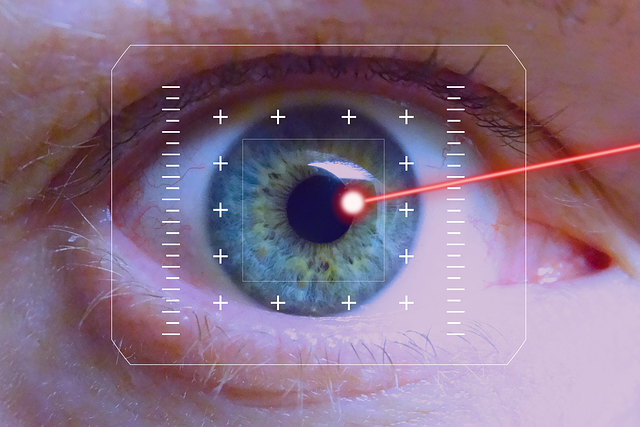
If you are considering laser eye surgery, then you likely have questions you want answered.
What is laser eye surgery?
Laser-assisted in-situ keratomileusis (LASIK) eye surgery, to focus on the most common form of refractive surgery, is a surgical procedure to reduce or eliminate the need to wear corrective lenses, either eyeglasses or contact lenses.
Refractive surgery alters the shape of the cornea at the front of the eye. The cornea is comprised of transparent tissue in the shape of a dome, and the goal of refractive surgery is to bend light rays so that they focus better on the retina rather than at a point either beyond or in front of the retina.
The risks from laser eye surgery
The risks from laser eye surgery have been widely publicized, and it is fair to say that no procedure is free from risk. Nonetheless, laser eye surgery is an established medical procedure, and thousands of patients have successfully undergone surgery without any negative results. In addition, many of the risks arise in the period immediately following surgery and correct themselves over time.
Risks from LASIK surgery include:
- Under corrections and over corrections: If the laser removes insufficient tissue from the eye, you will not get as clear a result as you were hoping for. Under corrections, which are more common in people with near-sightedness, can be resolved with another surgery within a year of the original surgery. Over corrections can be more difficult to resolve.
- Glare: Post-surgery, you may notice glare at night, as well as halos around bright lights and the possibility of double vision.
- Dry eye: LASIK does result in a temporary decrease in the production of tears, which can lead to a reduction in vision quality, but as the eyes heal over time, dry eye effects should recede. Eye drops can help in this respect.
Preparing for laser eye surgery
For those considering LASIK eye surgery in Denver or at other locations across the US, insurance is a key consideration. Read the detail of your health insurance policy to ensure you are covered for such procedures as laser eye surgery. Although many insurance plans do not provide sufficient cover to meet the full cost of a procedure, many do have discount options available.
There are other practical preparations you can make ahead of LASIK eye surgery:
- Take out your contact lenses: If you wear contact lenses, stop wearing them at least a few weeks before your surgery date and wear glasses instead. Contact lens wear can result in the shape of the cornea becoming distorted, potentially resulting in inaccurate measurements of the cornea area.
- Avoid eye makeup: To minimize the accumulation of debris and the risk of infection, stop wearing eye makeup the day before surgery and leave it off the day after. The same advice relates to perfumes, creams, and lotions.
- Get a lift: You will have to arrange to have someone drive you to your surgery and collect you afterwards. In the hours immediately following surgery, you may still be feeling the effects of medicine provided to you before the procedure, and your vision could be blurry.
Laser eye surgery can certainly be life transforming, but do your research before you choose to have surgery.


